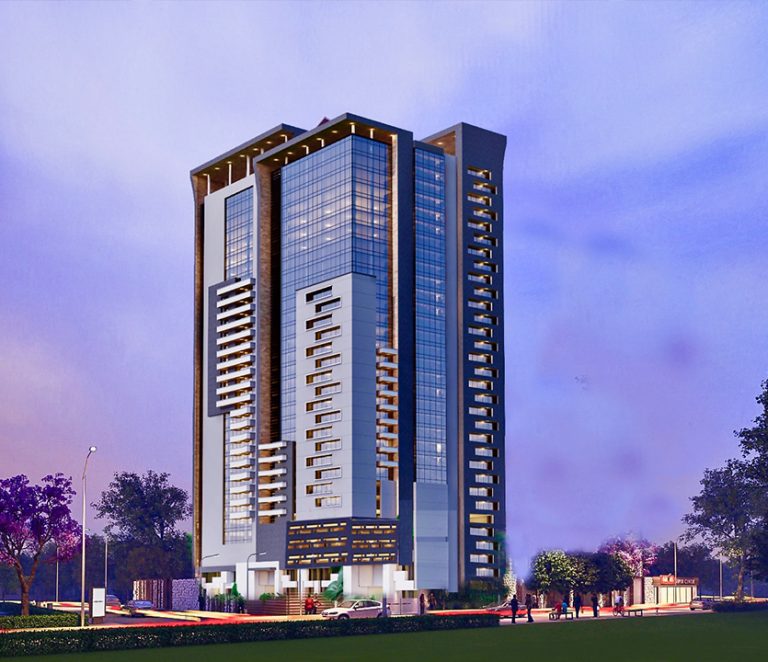Real Estate 101: The Basics, the terminologies and the opportunities.
WHAT REEKS?!
OKAY, enough. Let us pick up our mummified faces off the fresh gravel, throw open the curtains to allow the beautiful January sun rays in and get that new me new goals smell in. So, we have good news, and there’s the bad. The latter comes first. Unfortunately when it comes to this investment sector, the youth/millennial generation doesn’t understand the ways they can either venture into the industry or navigate through it. Good news is, we are here to rectify that. I’m going to give you a mini crash course on key factors to consider when investing in the real estate market and how the properties capitalize on revenue generation.
The real estate game can seem a bit complex or impenetrable when you are getting used to the industry’s lingo, so let’s first understand the term Real Estate, shall we?
Definitions from English dictionaries simply put it as real property that consists of land and its improvements:- buildings, fixtures, roads, structures and utility systems. Property rights give a title of ownership to the land and natural resources such as minerals, plants, animals, water. To our understanding it’s a class of “real property” as stated above, that includes land and anything permanently attached to it, whether natural or man-made. It differs from personal property, which are things not permanently attached to the land, such as vehicles, boats, jewelry, furniture and farm equipment.
There are five main categories of real estate:
Residential
Commercial
Industrial
Raw land and special use.
You can invest in real estate directly by purchasing a home, for example through Rama Homes, a rental property or other property, or indirectly through a real estate investment trust (REIT). Kenya has only one listed REIT i.e. the Ilam Fahari i-REIT, listed on the Nairobi Securities Exchange (NSE) which started trading in November 2015.
Types of Real Estate expounded
Residential real estate: Any property used for residential purposes. Examples include single-family homes, condos, cooperatives, duplexes, townhouses, and multifamily residences with fewer than five individual units.
Commercial real estate: Any property used exclusively for business purposes, such as apartment complexes, gas stations, grocery stores, hospitals, hotels, offices, parking facilities, restaurants, shopping centers, stores, and theaters.
Industrial real estate: Any property used for manufacturing, production, distribution, storage, and research and development. Examples include factories, power plants, and warehouses.
Land: Includes undeveloped property, vacant land and agricultural land (farms, orchards, ranches and forests)
Special purpose: Property used by the public such as cemeteries, government buildings, libraries, parks, places of worship and schools.
How the Real Estate Industry Works
Most individuals in real estate in Kenya, purchase property with a down payment with the balance through debt-financing. The principal amount is paid gradually and then more hastily towards the end of the amortization period. At Rama Homes, we make it easy for our customers to become homeowners with our flexible payment plans at zero percent interest rates.
Millennials represent a large potential pool of first-time homebuyers, surpassing the impressive number of baby boomers of the 1970’s and 1980’s. Many economists believe that millennials offer salvation for a slowing home market in 2021. Find out how this is and the effect it has on the Kenyan Real Estate market, on REAL ESTATE 101.






